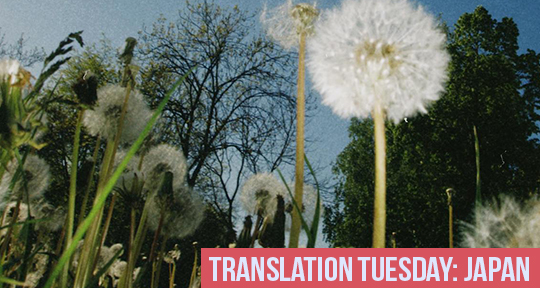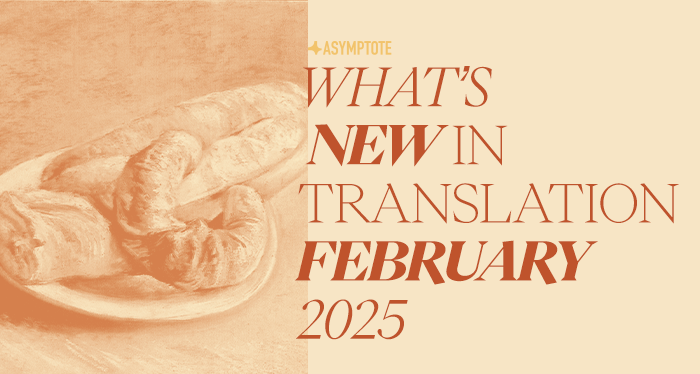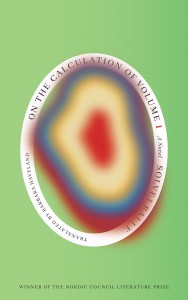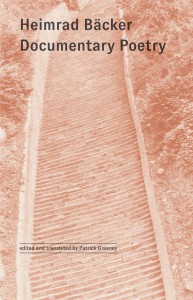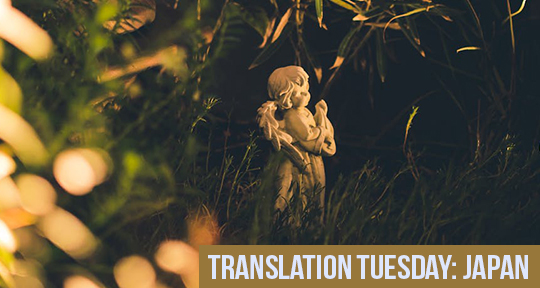For this week’s Translation Tuesday, we bring you a short story by Okamoto Kanoko, one of several notable feminist writers who flourished in Japan’s prewar period. In “An Autumn Evening’s Tale,” translated from the Japanese by Elena Paulsen (and edited by Ella Campbell), when a family pauses on their journey back to their hometown, the parents take it as an opportunity to reveal a long-held secret. As they recount their pasts with a mixture of nostalgia and resignation, their children begin to question the underpinnings of their seemingly conventional lives. Okamoto’s equally elegant and playful tale unravels notions of gender, identity, and love against a backdrop of familial pressures and societal expectations. In doing so, she presents a vision for living true to a fluid self which is sparklingly radical even today.
A middle-aged father and mother went on a trip with their son and daughter, who were in their early twenties.
They took lodgings at almost exactly the halfway point of their trip, a quiet hotel in a lakeside town. It was somewhere between the capital city of that country and the countryside village they had come from, a distance of one hundred and fifty leagues.
I say “of that country”—but is it Japan or a foreign country, in the present or the past? What will the author decide? But really it doesn’t matter whether it happened in Japan or elsewhere, recently or long ago. The fact of this story, the truth of it, rides upon the craft of the author without a care for those details, and the truth is what I would like to convey to the reader. But it’s hard on anyone who might try their hand at illustrating this story, as they haven’t a clue whether to draw black eyes or blue, curly or long, straight hair. Actually it need not even be humans, it could be grass or trees or wildlife or flowers. Anything at all is fine, so long as it corresponds to the feeling that arises when reading this story. With that said, surely the skill and sensitivity of an artist is such that even with no further instructions the illustrator will be able to convey the essence of the story and have it ring true—so, with your permission, I will go ahead and begin.
The season was autumn. The harsh evening wind had completely died down, leaving the quiet atmosphere from before what little foliage remained was jostled by the wind. The moon, bright but not too bright, came into view on the peak of the night-time mountain. From the hotel window only the edge of the lake was visible. Yet the complete serene clarity of that edge was enough to give an impression of jade-like translucence to the whole vast surface, soothing the eyes of the four members of the family. Served in the many dinner plates that the waitstaff set upon the table were fresh, fragrant fish only just taken from the waters of the lake. Here and there amongst the plates were figs picked from the surrounding mountains, the ripe flesh of the fruit seeming fit to burst, barely covered by the glossy skin. The fruits were placed in large bowls and carried out together with strong, aromatic tea.
—— Father. Tonight we should tell the truth about ourselves to the children, don’t you think?


